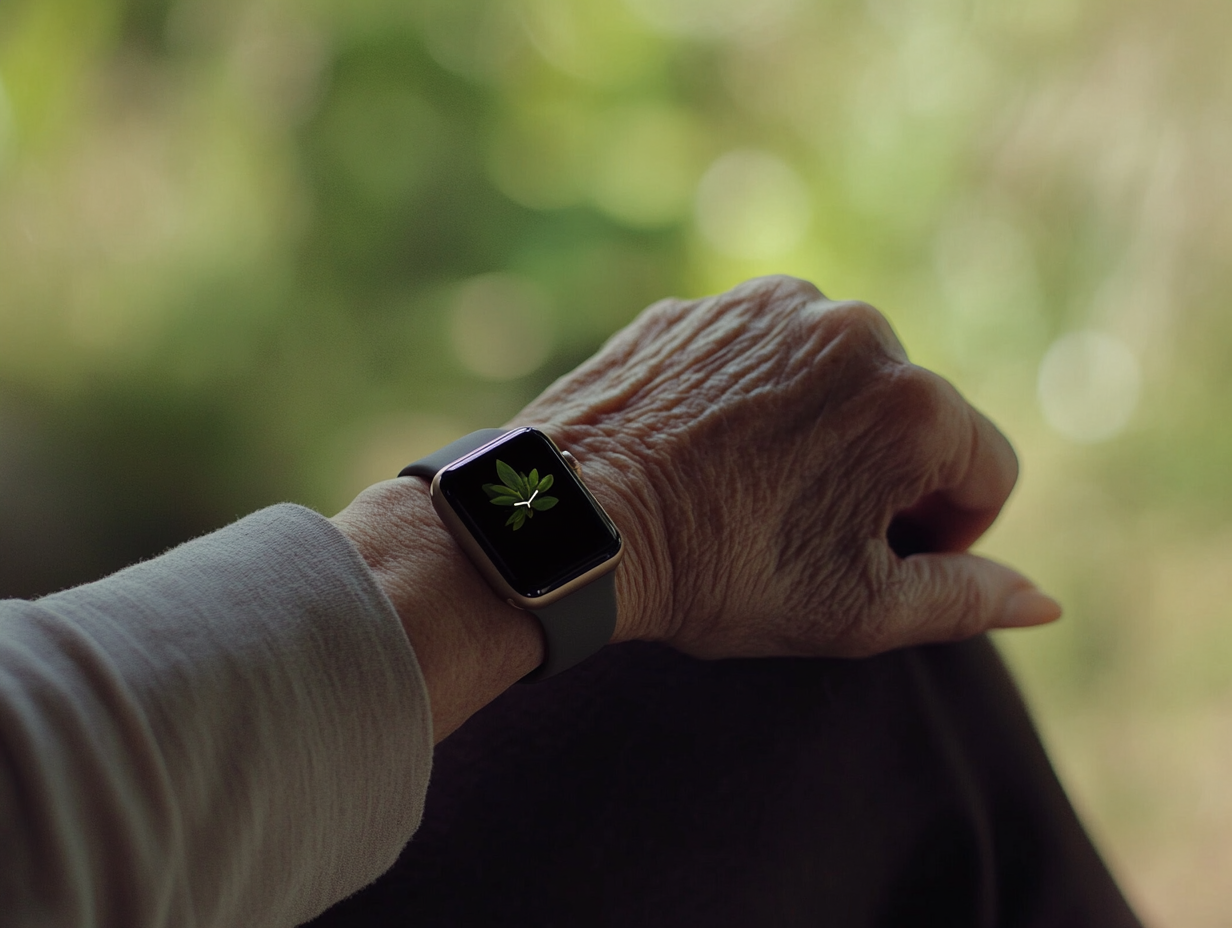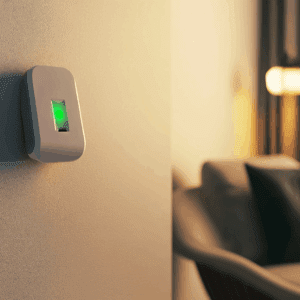Advancements in technology have led to the development of various in-home monitoring solutions:
- Fall Detection Systems: Devices like the Kami Fall Detect Camera utilize AI to monitor for falls and alert caregivers, offering features such as two-way audio communication and 360-degree rotation.
- Smart Home Sensors: These sensors track daily activities, providing data on movement patterns, medication adherence, and more.
- Wearable Health Monitors: Wearables can monitor vital signs, sleep patterns, and physical activity, transmitting data to healthcare providers for continuous assessment.
While these technologies offer significant benefits, their implementation raises important ethical and practical considerations.
Ethical Considerations
1. Privacy and Consent
Continuous monitoring can infringe on an individual's sense of privacy. It's crucial to obtain informed consent, ensuring that users understand what data is collected, how it's used, and who has access. A systematic review highlighted the lack of ethical considerations in the development and deployment of smart home health technologies for older adults, emphasizing the need for careful ethical scrutiny.
2. Autonomy and Dignity
While monitoring aims to enhance safety, it can inadvertently undermine autonomy. For instance, excessive surveillance might lead to feelings of dependence or loss of control. Technologies should be designed to support decision-making and respect the dignity of users.
3. Equity and Access
There's a risk that advanced monitoring technologies may only be accessible to those who can afford them, exacerbating existing health disparities. Ensuring equitable access is essential to prevent a digital divide in elder care.
Practical Challenges
1. Technical Reliability
In-home monitoring systems must be reliable to be effective. Issues such as battery life, connectivity problems, and compatibility with existing home automation systems can hinder performance. Users have reported frustration with technical malfunctions, highlighting the need for robust and user-friendly designs.
2. User Acceptance
Adoption of monitoring technologies depends on user acceptance. Factors influencing acceptance include ease of use, perceived usefulness, and the degree to which the technology aligns with the user's lifestyle and preferences. Engaging users in the design process can enhance acceptance and satisfaction.
3. Data Management
The collection and storage of personal health data raise concerns about data security and privacy. Implementing robust data protection measures and transparent data management policies is vital to maintain trust.
Balancing Technology and Human Interaction
While technology can augment care, it should not replace human interaction. Over-reliance on monitoring systems may lead to reduced face-to-face contact, potentially impacting mental health and well-being. Care models should integrate technology in a way that complements and enhances human caregiving rather than substituting it.
Recommendations for Ethical and Effective Implementation
- User-Centered Design: Involve older adults in the design and testing of monitoring technologies to ensure they meet users' needs and preferences.
- Transparent Communication: Clearly communicate the purpose, capabilities, and limitations of monitoring systems to users and caregivers.
- Data Privacy Measures: Implement stringent data protection protocols to safeguard personal information.
- Equitable Access: Develop strategies to make monitoring technologies affordable and accessible to diverse populations.
- Integration with Care Services: Ensure that monitoring systems are integrated with broader healthcare services to provide comprehensive support.
Conclusion
In-home monitoring technologies hold significant promise for enhancing the safety and independence of older adults. However, their success depends on careful consideration of ethical principles and practical challenges. By prioritizing user-centered design, transparency, data privacy, equitable access, and integration with care services, we can harness the benefits of technology while respecting the rights and dignity of older adults.








